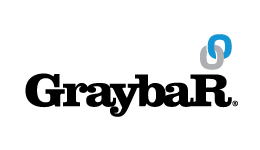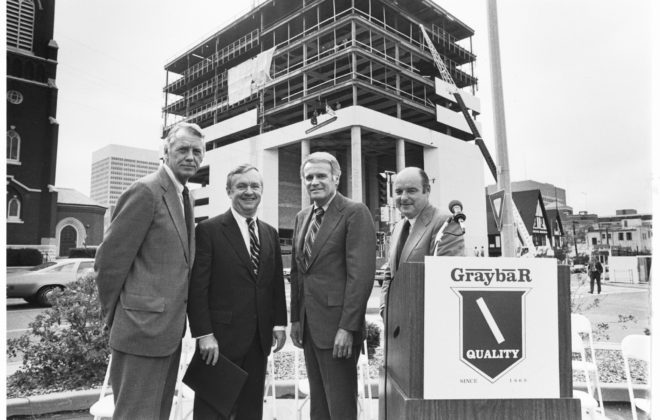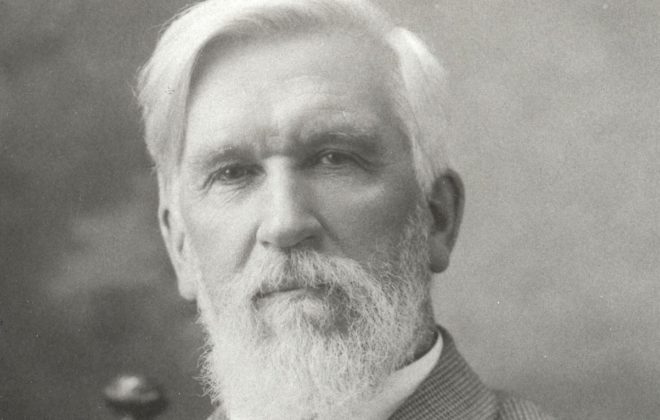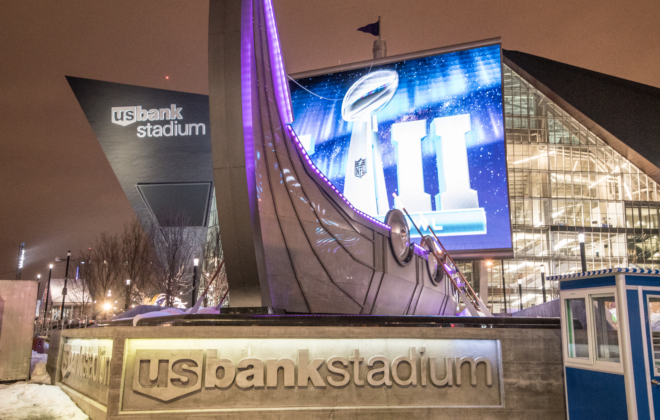1968: Answering the Call
Say the word Carterfone and many people might guess it was shorthand for Jimmy Carter’s hotline to Moscow in the 1970s. In reality, the Carterfone was at the center of a landmark Federal Communications Commission decision in 1968. And it revolutionized an industry.

Before Carterfone, customers were prohibited from plugging their own equipment into the AT&T phone network. But all at once, the FCC ruling created a new market and new customers for Graybar in the interconnect industry.
Having to innovate was nothing new. The former Western Electric had once before opened up new markets by selling its own brand of household appliances and farm equipment. From the 1920s through the 1940s, Graybar was also a key player in the rise of radio. The company embraced new technologies, from the transistor to the mainframe computer, and incorporated them into the core of its operations.
But it was the Carterfone decision that set the stage for innovation and the robust growth of our communications/data business starting in the mid-1980s. Telephone deregulation and rapid advances in communication technologies created new opportunities. Graybar sold products to the new Baby Bells. A 1987 telecom equipment catalog was 640 pages long, with separate sections for data products, fiber optics and networking, featuring dozens of products that hadn’t existed three or four years earlier.
Newer technology also transformed Graybar’s supply chain capabilities. Early EDI (Electronic Data Interchange) protocols allowed our computers to communicate with our customers’ systems in standard formats so purchase orders, invoices, shipping notices and other documents could be transmitted and processed paper-free. On the heels of that, Graybar was soon providing supply chain management services to other companies.
Today we face new challenges and opportunities unlike anything we’ve seen before. A new breed of customer is emerging, and we need to anticipate their priorities, buying preferences and unmet needs. How are external forces affecting the competitive landscape? What risks will we face? Are we developing our future leaders and equipping our people with the skills needed for success?
As a master of transformation, Graybar will continue to ask the right questions and find ways to nimbly address needs in the marketplace. It’s all part of working smarter—and harder—for our customers.



